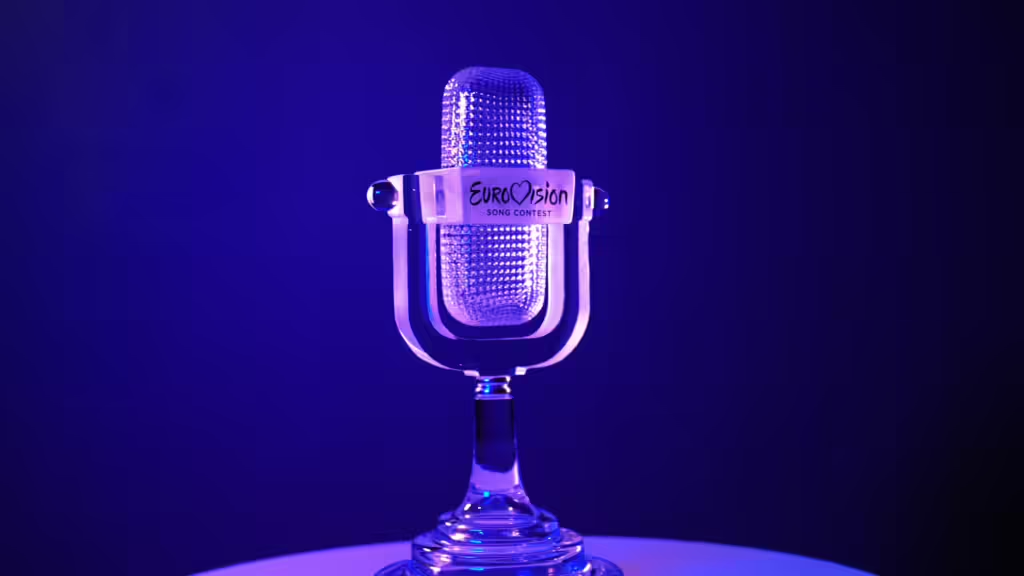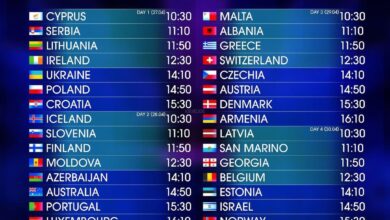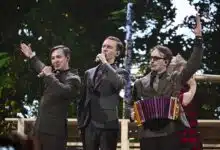The changes to come after a Eurovision 2024 full of controversy
Eurovision gets a makeover! In a major attempt at reform, the Eurovision Song Contest is announcing significant adjustments for the upcoming edition after a series of controversies rocked the 2024 edition.

Eurovision 2024, a year (too) full of controversy
Eurovision 2024 was the subject of too much controversy. Geopolitical tensions, backstage scandals between delegations and complaints of inappropriate behaviour all served to confuse a community that had come to see another show. The scandal came to a head when Joost Klein, representing the Netherlands, was disqualified from the final after what appears to have been an altercation (in fact, we still don't really know what happened) backstage with a member of staff. In addition, the lack of transparency in the management of these crises has exacerbated tensions. Israel also faced difficulties, its songs being considered too political, and their representative, Eden Golan, was booed by some of the audience. Demonstrations took place in Malmö because of the conflict in Gaza, challenging the country's participation.
Shortly after the Final, a number of delegations spoke out, explaining that they had experienced these tensions themselves, and some even went so far as to put their participation in the 2025 edition on hold until the organisers had provided some answers.
So what do we do?
Aware of the challenges and growing criticism, the European Broadcasting Union (EBU) has commissioned an independent enquiry to assess current practices and make recommendations for the future of the competition. Led by expert Pernille Gaardbo, the enquiry consulted a variety of stakeholders, including national delegations and Eurovision board members, to understand the challenges and opportunities for improving the integrity and well-being of the participants.
A new director for Eurovision
To alleviate these problems, the European Broadcasting Union (EBU) has created a new post of director for Eurovision. This new central figure will report directly to Jean Philip De Tender, EBU deputy director general, and will also supervise the current executive supervisor, Martin Österdahl, as well as a future ESC brand and commercial manager.
Putting artists' well-being first
Another key recommendation is the appointment of a welfare producer to ensure that artists are well prepared for the huge media exposure of the competition and that they operate in a respectful environment. With often little preparation for such pressure, this extra support could make all the difference. Jean Philip De Tender explained that the EBU is currently consulting its experts and members to determine the best way to support Eurovision candidates. Initiatives are also envisaged to clarify the rules and contractual responsibilities of participants, and to strengthen the management of potential crises.
Clear rules and reinforced compliance
The organisation also insists on clarifying the rules and responsibilities of participants. Following incidents such as the expulsion of Joost Klein and the accusations of harassment levelled at Eden Golan, it became imperative to establish mutual respect and exemplary conduct from the outset. The new protocols also include backstage access restrictions to improve security.
To prevent future incidents, a dedicated crisis management team will be set up. The EBU is also committed to strengthening its security and cybersecurity arrangements, by simplifying and consolidating the rules to make them more accessible to all.
A non-political stage for all
As the 70th anniversary of the contest approaches, the EBU reaffirms the apolitical nature of the event. Despite geopolitical tensions, Eurovision remains a place of respect, diversity and inclusion. The events in Malmö show the importance of preserving this spirit, while welcoming freedom of expression.
Jean Philip De Tender emphasised that these changes are designed to ensure the future success of the contest. Eurovision, a celebration of diversity and music, continues to unite nations across conflict lines.
See you in May 2025 in Switzerland for another edition that will be closely watched! 🎶✨






